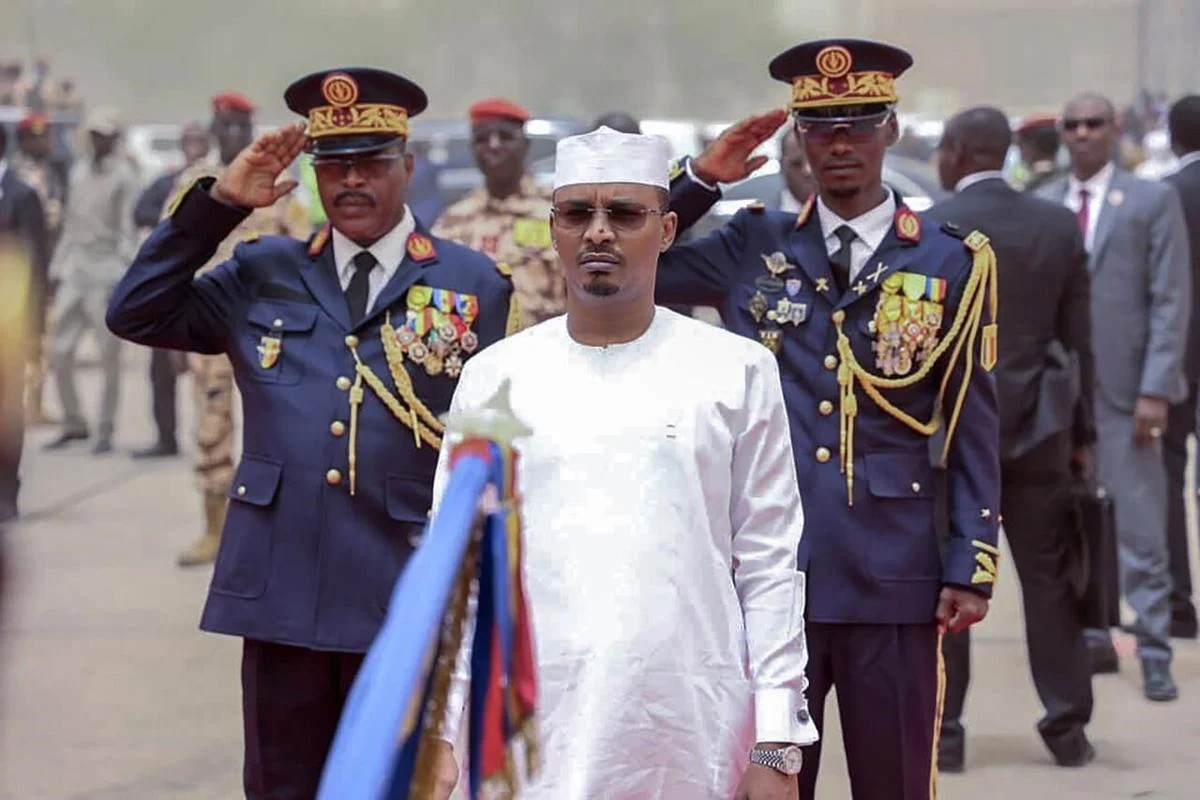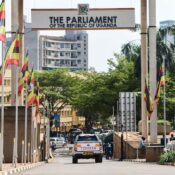
US and African Union at odds over Chad’s contested polls
When it comes to how they handle Chad, a difficult nation that attempted to emerge from the coup with elections that were mostly regarded as faulty, the African Union and the United States are finding themselves at odds.
Though violent circumstances shattered the electioneering process, Washington did not directly refrain from commenting on the votes won by junta leader Mahamat Deby Itno.
The National Elections Management Agency reported that 75.89 percent of voters participated in the May 6 presidential election, whereby Deby was officially declared the winner by Chad’s Constitutional Council on May 16. Two additional candidates had filed petitions contesting the outcome, but the council had rejected them.
Following the release of the preliminary results on May 9, celebratory gunfire resulted in at least 10 fatalities, including children, and numerous injuries, according to local media.
However, the African Union Commission claimed that because Deby ran when he wasn’t supposed to, the polls were somewhat rigged.
The continental body faced criticism for its lack of response. Prior to this, the African Union Commission, which was chaired by the diplomat Mahamat Faki of Chad, had refrained from include Chad in the list of nations in suspension for staging a coup.
Deby had risen to power only a few days after regaining a second term in elections, following his father’s murder on the front lines. However, Deby’s son suspended the constitution right after and instituted a military council for transition, which was essentially a coup because the constitution outlined what would happen if a president passed away while in office.
This week, Faki’s office stated that it was unable to comment on the contentious presidential election since Mahamat’s candidacy had been disapproved of by the African Union Peace and Security Council.
In the meanwhile, the US has welcomed it with caution.
According to Ebba Kalondo, the spokesman for the AU Commission’s chairperson, decisions regarding peace and security will only be made by the 15 member states that make up the continental body.
In actuality, the AU Peace and Security Council did not dispatch an observation team and had extended the prohibition on the heads of all transitional authority running.
The AU statement stated, “Unless he were to violate the decisions of the PSC, which he is obliged to respect, it is impossible for the chairperson of the Commission to pronounce on the results of such elections.”
After the results were certified, the US issued a statement in which it expressed caution about both denouncing faulty surveys and fostering stronger relations with a potential role player in a volatile area.
Spokesman for the US State Department Matthew Miller said that Washington applauds the nation’s transitional process and citizens who used their right to vote in the elections.
The statement read, “We applaud the peaceful conduct of the voting and its aftermath.”
“We applaud the significant turning points in Chad’s transition process, such as engaging in national dialogue, negotiating with insurgents, holding a constitutional referendum, and holding a presidential election, even though there were worrying shortcomings.”
Miller, however, voiced worries that the institutions in charge of holding elections and resolving problems during the transition were not established in a way that was entirely inclusive.
pointing out that whereas ten candidates who were granted permission to run mostly complied with the code of conduct and were able to run nationwide campaigns, ten other candidates were declared ineligible and had no way to challenge their disqualification before the campaign began.
According to a representative for the US State Department, the exclusion increased reasonable concerns about transparency and weakened public trust in the democratic process and the election.
Miller urged the Chadian government to collaborate with all parties involved, particularly political parties and civil society organizations, in order to resolve any issues raised by the election and improve the inclusiveness and openness of Chad’s institutional framework going forward.
With the election, Chad has emerged as the first nation in West and Central Africa under the present junta leadership to attempt a restoration to constitutional governance through voting.
Chad requested that the US stop operations at an aviation base in April, citing administrative issues. Washington announced that some troops would be temporarily removed.
Washington’s position on the election results now appears to be an attempt to reopen negotiations with Chad, with whom they have worked on security operations in the precarious Sahel region.
Neighbors of Chad, Niger had previously severed ties with the US following a military coup that overthrew President Mohamed Bazoum in July of last year. Since then, Niger has gotten closer to Russia.
However, insurgencies that crossed borders had been an issue for Nigeria, Cameroon, Chad, and Niger. Recently, that cooperation has also become tenuous, particularly in light of the African Union’s continued suspension of Niger.
All Categories
Recent Posts
Tags
+13162306000
zoneyetu@yahoo.com



